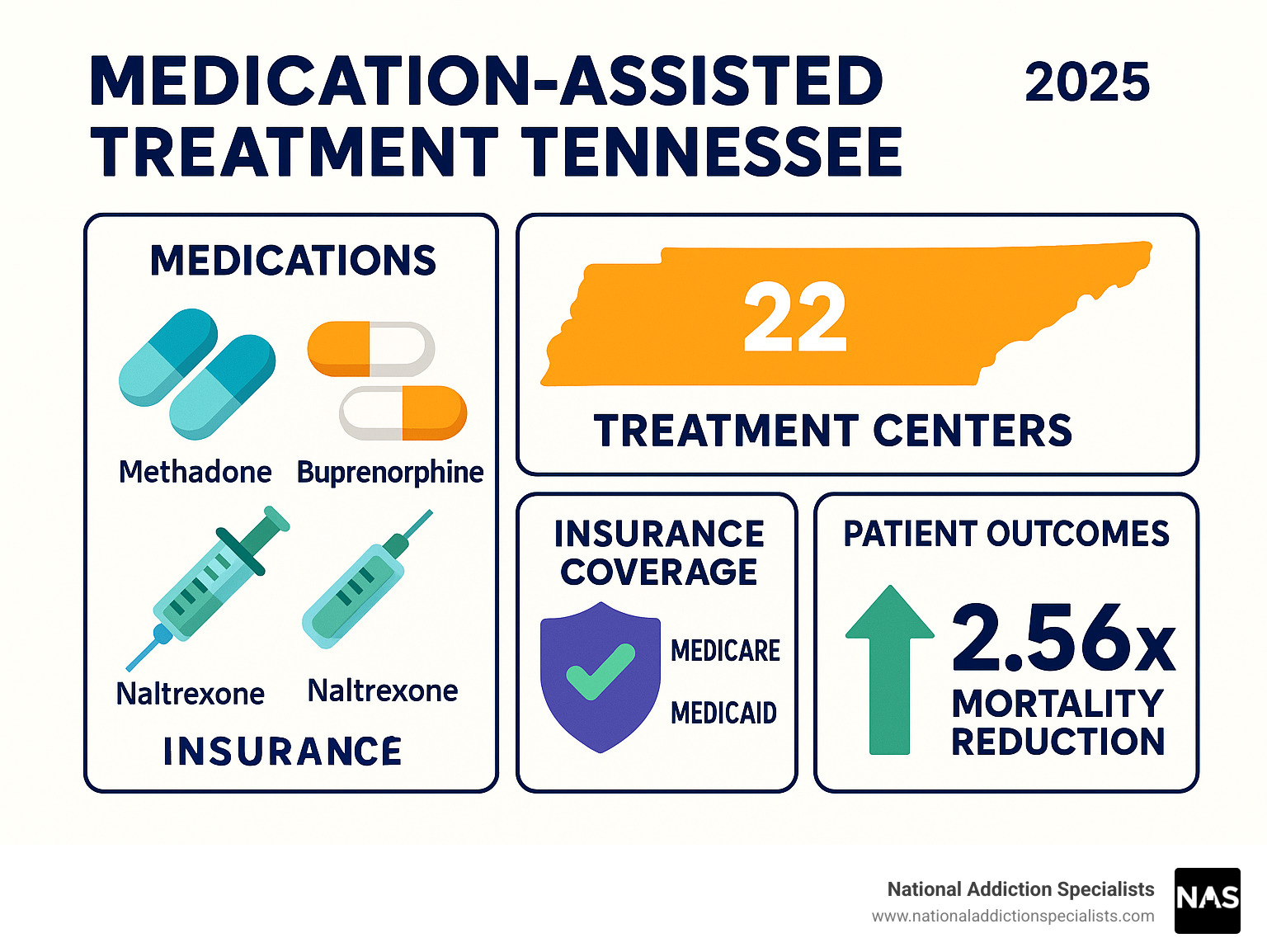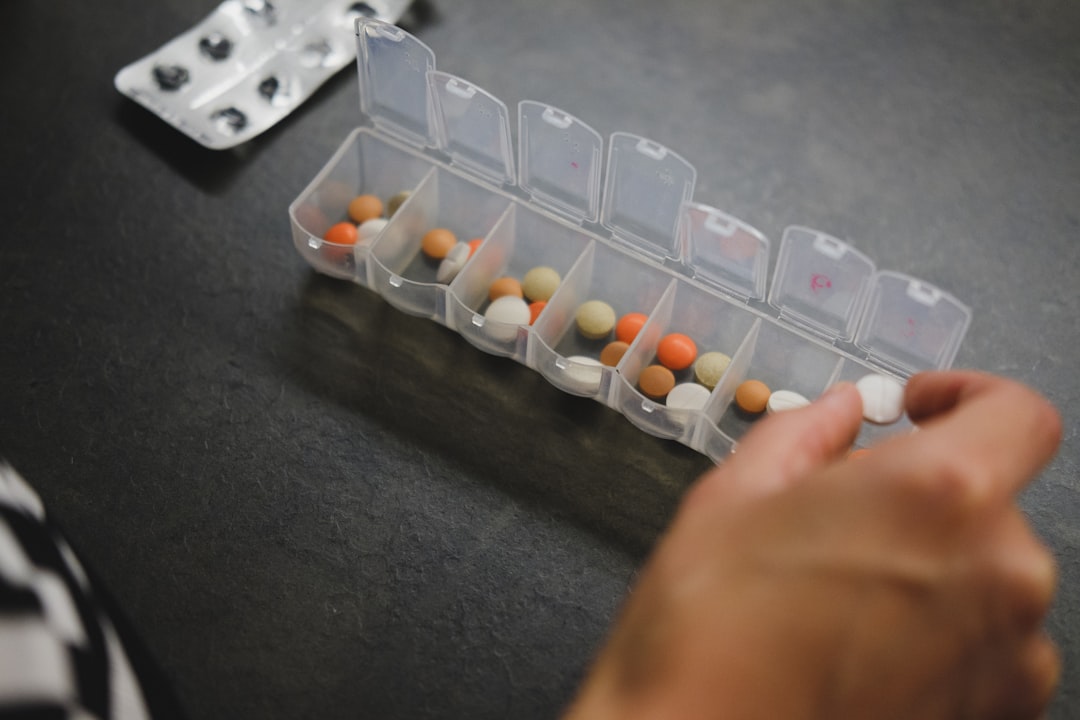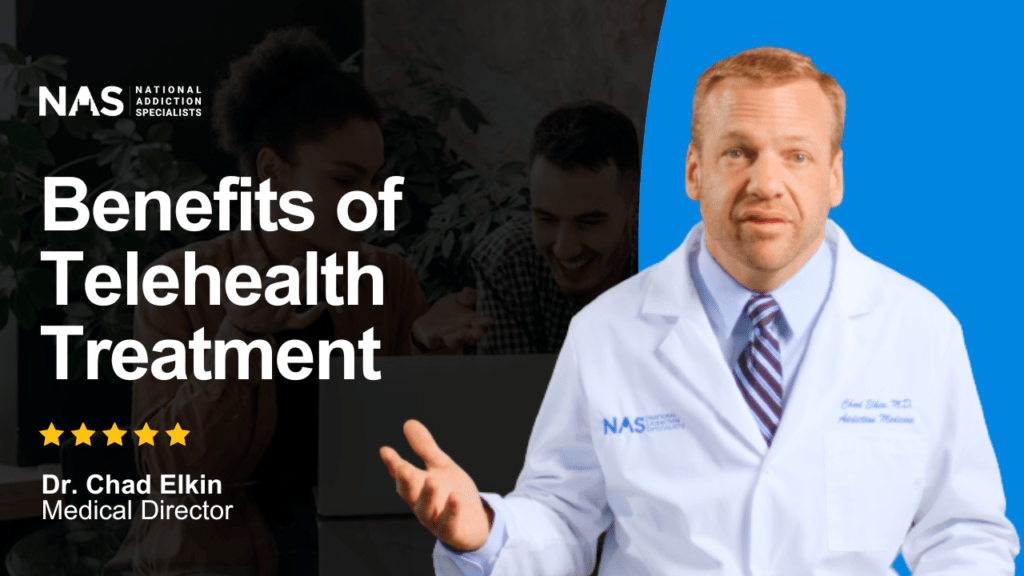Why Medication-Assisted Treatment Matters for Tennessee Residents
Medication-assisted treatment Tennessee offers a proven path to recovery for those struggling with opioid addiction. This evidence-based approach combines FDA-approved medications with counseling to provide comprehensive care for opioid use disorder.
Key MAT Options in Tennessee:
- Methadone: Available at 22 licensed opioid treatment programs statewide.
- Buprenorphine/Suboxone: Prescribed through office-based providers and the BESMART program.
- Naltrexone: Available through physicians as tablets or injections.
- Insurance Coverage: TennCare, Medicaid, Medicare, and most private plans are accepted.
- Treatment Locations: Urban centers, rural clinics, and telehealth options are available.
Tennessee faces a severe opioid crisis. Opioid-related deaths jumped 54% from 2019 to 2020, and at least 2.4% of all Tennesseans have an opioid use disorder. The good news is that research shows MAT reduces the risk of death by 2.56 times compared to abstinence-only treatment.
However, access remains a challenge. Only 22 opioid treatment programs serve the entire state, covering just 15 of Tennessee’s 95 counties. Most facilities operate at or above 80% capacity, creating waiting lists.
The state has responded with programs like BESMART, which improves buprenorphine access for TennCare members through better reimbursement and streamlined authorization.
As Dr. Chad Elkin, founder of National Addiction Specialists and President of the Tennessee Society of Addiction Medicine, I have seen how effective MAT can be. My career is dedicated to expanding medication-assisted treatment Tennessee access through clinical practice and policy development to help remove barriers to care.

Medication-assisted treatment Tennessee terms to remember:
- online suboxone doctors tennessee
- opioid addiction treatment Tennessee
- suboxone clinics in tennessee that take insurance
Understanding Medication-Assisted Treatment Tennessee: The Basics
If you’re exploring options for opioid addiction, it’s important to understand what medication-assisted treatment Tennessee is and why it’s so effective.
MAT is a comprehensive, evidence-based approach that treats the whole person. It combines FDA-approved medications with professional counseling and behavioral therapies. This “whole-patient approach” addresses the changes addiction causes to brain chemistry, relationships, and emotional well-being.
MAT medications work by normalizing the brain chemistry altered by regular opioid use. This helps reduce intense cravings and prevents painful withdrawal symptoms, which are common reasons for relapse.
How MAT Works for Opioid Use Disorder
Opioids attach to specific receptors in the brain. When a person stops using them, these receptors become empty, triggering severe withdrawal symptoms and cravings. MAT medications interact with these same opioid receptors in a safer, controlled way.
Some medications partially fill these receptors, allowing the brain to function normally without producing a dangerous high. Others block the receptors entirely, so if someone uses opioids, they won’t feel the effects.
The result is reduced cravings, prevented overdoses, and better treatment retention. This allows individuals to focus on their recovery instead of constantly battling physical demands for the drug.
The Three Pillars of Effective MAT
Successful medication-assisted treatment Tennessee is built on three crucial pillars.
1. Medication: This is the foundation. It involves a doctor selecting and managing FDA-approved medications like methadone, buprenorphine, or naltrexone to address the physical aspects of dependence and stabilize symptoms.
2. Counseling: Professional therapy helps you understand the underlying reasons for your substance use. Individual and group counseling sessions assist in developing healthier ways to handle life’s challenges.
3. Behavioral Support: This includes therapies like cognitive-behavioral therapy (CBT) to change harmful thought patterns and peer support groups for shared understanding and encouragement.
These three pillars work together. The medication provides stability to engage in counseling, while behavioral support helps build life skills for long-term success. At National Addiction Specialists, we’ve seen this integrated approach transform lives, especially when delivered through convenient telemedicine options.
Tennessee’s Opioid Crisis and the Need for MAT
The numbers surrounding Tennessee’s opioid epidemic are heartbreaking and demand immediate action.

Current State of Opioid Use Disorder in Tennessee
Tennessee’s opioid crisis is severe. Opioid-related deaths jumped by 54% from 2019 to 2020, a statistic representing countless lives and families affected. Currently, at least 2.4% of all Tennesseans are living with opioid use disorder, impacting communities across the entire state.
The crisis extends beyond fatal overdoses. In 2021, Tennessee recorded 64 nonfatal opioid overdoses per 100,000 residents. These are individuals who survived but continue to face the daily battle of addiction.
Rural communities face significant challenges, as many counties lack a nearby opioid treatment program. This distance can be an impossible barrier for those without reliable transportation.
Why MAT is Critical for Tennessee
This is where medication-assisted treatment Tennessee programs offer hope. They are literally lifesaving. Research clearly shows that people receiving MAT have a 2.56 times lower risk of death compared to those in abstinence-only programs.
By increasing access to MAT, we can prevent hundreds of deaths annually, keep families together, and help people reclaim their lives. MAT not only prevents overdoses but also helps people stay in recovery longer. By managing withdrawal and cravings, individuals can focus on counseling and rebuilding their lives.
The evidence is overwhelming: medication-assisted treatment Tennessee programs reduce illicit opioid use, lower overdose risk, and improve treatment retention. For a state in crisis, MAT is an essential tool for saving lives and rebuilding communities. At National Addiction Specialists, our telemedicine platform helps overcome geographic barriers, making treatment accessible to rural Tennesseans.
FDA-Approved Medications for Opioid Use Disorder in Tennessee
For medication-assisted treatment Tennessee, there are three primary FDA-approved medications: methadone, buprenorphine (often as Suboxone), and naltrexone. Each works differently, allowing for personalized treatment plans.
| Medication | Schedule Classification | Mechanism of Action | Administration Method | Common Treatment Setting |
|---|---|---|---|---|
| Methadone | Schedule II Opioid | Full Opioid Agonist | Oral liquid, daily in clinic | Opioid Treatment Programs (OTPs) |
| Buprenorphine | Schedule III Opioid | Partial Opioid Agonist | Sublingual film/tablet, implant, injection | Office-Based Opioid Treatment (OBOT), OTPs |
| Naltrexone | Non-Controlled Substance | Opioid Antagonist | Oral tablet (daily), Extended-release injection (monthly) | Regular physician’s office, OBOT, OTPs |
Methadone Treatment Programs
Methadone, a full opioid agonist, activates the brain’s opioid receptors in a controlled, long-lasting way. This eliminates cravings and withdrawal without producing a high. Due to its Schedule II classification, methadone is only available through licensed Opioid Treatment Programs (OTPs).
Tennessee has 22 licensed OTPs, but they only serve 15 of the state’s 95 counties. This limited coverage creates significant access challenges, especially for rural residents. Most programs operate at 80% capacity or higher, often resulting in waiting lists. While methadone is highly effective, these barriers can delay critical treatment.
Scientific research on methadone effectiveness
Buprenorphine and Suboxone Treatment
Buprenorphine is a partial opioid agonist that reduces withdrawal and cravings without causing significant euphoria, making it a safer option for many. When combined with naloxone, it’s known as Suboxone. The naloxone component is a safety feature that blocks opioid effects if the medication is misused.
The recent elimination of the DATA waiver requirement allows any licensed healthcare provider with basic training to prescribe buprenorphine. This has expanded office-based opioid treatment, making it more accessible.
Tennessee’s BESMART program further improves access for TennCare members by connecting them with qualified providers and improving insurance coverage for buprenorphine treatment.
Naltrexone Options
Naltrexone is an opioid antagonist that blocks opioid receptors, preventing any opioids from having an effect. It is not a controlled substance and does not cause physical dependence or withdrawal.
Naltrexone is available as a daily tablet or a monthly injection (Vivitrol). Any licensed doctor can prescribe it without special certifications, making it highly accessible. A person must be opioid-free for 7-10 days before starting naltrexone, making it ideal for preventing relapse after detox.
Make an appointment to discuss which medication option might work best for you. At National Addiction Specialists, we provide personalized buprenorphine treatment through convenient telemedicine appointments, accepting both Medicaid and Medicare for Tennessee residents.
Accessing Medication-Assisted Treatment Tennessee Programs
Finding the right medication-assisted treatment Tennessee program can feel daunting, but options are available. Access varies across the state due to provider networks, insurance, and geographic barriers, particularly in rural areas.

Fortunately, Tennessee is expanding treatment pathways. Whether you need methadone, buprenorphine, or naltrexone, there are ways to get the help you need.
Opioid Treatment Programs (OTPs)
Tennessee’s 22 licensed OTPs are the primary source for methadone treatment, offering comprehensive care including counseling and support. However, these programs are stretched thin, with facilities in only 16% of Tennessee counties. This means rural residents may face long drives for care.
Most OTPs operate at 80% capacity or higher, leading to common waiting lists. While frustrating, it’s important to call, get on a list, and inquire about the timeline. Federal regulations ensure quality, monitored care, with daily visits required initially that may transition to take-home privileges over time.
Office-Based Opioid Treatment
Office-based opioid treatment (OBOT) allows patients to receive buprenorphine in a regular doctor’s office, a less intimidating setting for many. The removal of the federal DATA waiver has enabled more providers, including family doctors and specialists, to prescribe this medication.
To find a provider, you can use the SAMHSA Buprenorphine Treatment Practitioner Locator or search the TDMHSAS Licensure database. Telemedicine options have also dramatically expanded access, allowing you to receive quality MAT from home through providers like National Addiction Specialists. This flexible approach often involves weekly or less frequent visits as you stabilize.
BESMART Program Benefits
For TennCare members, the BESMART program is a key resource for accessing buprenorphine. Launched in 2019, it addresses the specific needs of TennCare members with opioid use disorder.
BESMART improves access by offering providers improved reimbursement and care coordination support. It also features a shortened prior authorization process, tracks quality data, and gives providers flexibility with monoproduct buprenorphine and dosage limits (up to 24 mg postpartum). If you are a TennCare member, ask potential providers if they participate in BESMART to ensure better-coordinated care.
Make an appointment to explore your medication-assisted treatment Tennessee options and find the path that works best for your recovery journey.
Insurance Coverage and Cost Considerations
Understanding insurance coverage for medication-assisted treatment Tennessee is vital, but cost should not prevent you from seeking help. Many insurance options are available to make MAT accessible.
TennCare and Medicaid Coverage
TennCare, Tennessee’s Medicaid program, provides crucial coverage for MAT through its BESMART program, especially for buprenorphine treatment. The BESMART network encourages more providers to accept TennCare by offering improved reimbursement. It also features streamlined prior authorization, meaning faster access to medication.
This comprehensive coverage includes not just medication but also the essential counseling and behavioral support services that make MAT effective. At National Addiction Specialists, we proudly accept Medicaid and work within the BESMART network, making our telemedicine treatment accessible to TennCare members statewide.
Private Insurance and Medicare
Most private health insurance and Medicare plans cover MAT services. Major providers recognize medication-assisted treatment Tennessee as essential, evidence-based care.
However, specifics like prior authorization requirements and copayment structures can vary between plans. It’s best to contact your insurance provider to understand your specific benefits.
Medicare coverage for MAT is generally comprehensive. Part B typically covers office visits and counseling, while Part D covers prescription medications.
Our team at National Addiction Specialists works with most major insurance providers and can help verify your benefits before you start treatment. Insurance coverage for addiction treatment has improved significantly, so what was once a barrier may now be covered.
Make an appointment to discuss your specific situation and let us help you steer the insurance process.
Overcoming Barriers to MAT Access in Tennessee
Although medication-assisted treatment Tennessee is highly effective, many people still face significant barriers to accessing it, from geographic distance to outdated attitudes. Fortunately, creative solutions are emerging to address these challenges.
Rural vs Urban Access Disparities
A major barrier to MAT is geography. With methadone available in only 16% of Tennessee counties, rural residents often face long drives for daily medication, which can hinder recovery. This isn’t just an inconvenience; it’s a barrier that can mean the difference between recovery and relapse.
Promising solutions are on the horizon. Research suggests that allowing methadone dispensing at Federally Qualified Health Centers (FQHCs) would reduce the number of counties without access by 71%. If pharmacies could dispense methadone, every county in Tennessee could have access.
Telemedicine is already a game-changer. At National Addiction Specialists, we see how meeting a doctor from home and picking up medication at a local pharmacy removes numerous barriers while providing expert, personalized care.
Addressing Treatment Gaps
Beyond geography, stigma and misconceptions about MAT persist, despite clear scientific evidence of its effectiveness. The idea of “trading one drug for another” ignores that MAT is legitimate, life-saving medical treatment.
Attitudes are changing, and new strategies are improving access:
- Medication units: Smaller, satellite clinics can bring methadone treatment closer to home.
- FQHC integration: Bringing MAT services into community health centers makes treatment more accessible.
- Pharmacy partnerships: These could make MAT as easy to obtain as other prescriptions.
More providers are also being trained to offer MAT, especially since special waiver requirements for buprenorphine were removed. Public education continues to break down stigma by promoting the understanding that MAT is evidence-based medicine.
Make an appointment today if you’re ready to explore how medication-assisted treatment Tennessee can work for you. We’re here to help you steer these challenges and find the care you deserve.
Special Populations and MAT Considerations
While medication-assisted treatment Tennessee is beneficial for most, some groups require specialized care. At National Addiction Specialists, we provide compassionate, personalized treatment for all our patients.

Pregnancy and Postpartum MAT
For pregnant individuals with opioid use disorder, MAT is the recommended standard of care. It is safer for both mother and baby than untreated addiction. Untreated opioid use during pregnancy carries serious risks, while MAT helps protect both.
Both buprenorphine and methadone are safe and effective during pregnancy, helping to stabilize the body and reduce the risk of complications. Tennessee’s BESMART program allows for higher buprenorphine doses of up to 24mg daily for up to 12 months after delivery when clinically needed.
Successful treatment requires integrated care, combining MAT with prenatal care and behavioral health services. Our team works with your other healthcare providers to ensure comprehensive support. Seeking treatment is one of the best things you can do for your baby’s health.
Co-occurring Mental Health Disorders
Opioid use disorder often co-occurs with mental health conditions like depression or anxiety, a situation known as dual diagnosis. Effective treatment must address both conditions simultaneously for lasting recovery.
We believe in integrated treatment, coordinating addiction and mental health care together. Our approach begins with a comprehensive assessment to understand your complete health picture. During treatment, counseling addresses both conditions, helping you learn coping strategies for anxiety or work through trauma. We also coordinate with mental health specialists to ensure all medications and therapies work in harmony.
By treating the whole person, we help you build a stronger foundation for a stable, healthy life.
Make an appointment to discuss how we can create a personalized treatment plan that addresses all aspects of your health and recovery journey.
Frequently Asked Questions about Medication-Assisted Treatment in Tennessee
Starting medication-assisted treatment Tennessee can bring up many questions. Here are straightforward answers to some of the most common ones.
What medications are used in MAT programs in Tennessee?
Tennessee MAT programs use three FDA-approved medications:
- Methadone: A full opioid agonist dispensed daily at licensed Opioid Treatment Programs (OTPs).
- Buprenorphine (Suboxone): A partial opioid agonist available from doctors’ offices and telemedicine providers like us. It reduces cravings and withdrawal symptoms.
- Naltrexone (Vivitrol): An opioid antagonist that blocks the effects of opioids. It’s available as a daily pill or monthly injection from any licensed doctor.
A doctor will help you determine the best medication for your situation.
How do I find a MAT provider in Tennessee?
Finding a provider is easier than ever. You can use these resources:
- The SAMHSA Buprenorphine Treatment Practitioner Locator.
- The TDMHSAS Licensure Database for licensed facilities.
- Your insurance provider’s directory.
- Local Federally Qualified Health Centers (FQHCs).
Telemedicine providers like National Addiction Specialists offer convenient treatment from home, accepting Medicaid and Medicare to reduce financial barriers.
Does insurance cover MAT in Tennessee?
Yes, most insurance plans cover medication-assisted treatment Tennessee.
- TennCare (Medicaid) offers excellent coverage through the BESMART program, which streamlines approvals and improves access to buprenorphine.
- Medicare provides solid coverage for MAT services, including office visits and prescriptions.
- Private insurance plans typically cover MAT, though some may require prior authorization.
We recommend calling your insurance company directly, or you can let our team at National Addiction Specialists help verify your benefits. Cost should not be a barrier to getting the help you need.
Conclusion
Medication-assisted treatment Tennessee represents a real path forward for individuals and families affected by opioid use disorder. This evidence-based approach combines FDA-approved medications with counseling and behavioral support to create a comprehensive, effective treatment model.
MAT is proven to reduce the risk of death by 2.56 times compared to abstinence-only methods. Beyond statistics, we see people reclaiming their lives, which is what drives us at National Addiction Specialists.
Tennessee has made progress with programs like BESMART, which improves buprenorphine access for TennCare members. The removal of the DATA waiver has also expanded treatment options. However, challenges remain, particularly in rural areas where access to the state’s 22 opioid treatment programs is limited. Solutions like telemedicine are vital in bridging this gap.
As someone dedicated to addiction medicine in Tennessee, I have witnessed how MAT can transform communities. We continue to advocate for expanded access, reduced stigma, and evidence-based policies that prioritize patient care.
Recovery is possible, and you are not alone. Our team at National Addiction Specialists is here to provide personalized, confidential care through our telemedicine-based Suboxone treatment program. We accept Medicaid and Medicare, making expert care accessible from home.
Make an Appointment to Treat Addiction
Please don’t hesitate. Make an appointment today.
Make an appointment for personalized MAT treatment
This article was medically reviewed by:
Chad Elkin, MD, DFASAM is a board-certified addiction medicine physician, founder, and Chief Medical Officer of National Addiction Specialists, dedicated to treating substance use disorders. A Distinguished Fellow of the American Society of Addiction Medicine (ASAM), Dr Elkin currently serves as President of the Tennessee Society of Addiction Medicine (TNSAM) and has held various leadership roles within the organization. Dr Elkin chairs ASAM’s Health Technology Subcommittee and is an active member of its Practice Management and Regulatory Affairs Committee, State Advocacy and Legislative Affairs Committee, and other committees. He also serves on the planning committee for the Vanderbilt Mid-South Addiction Conference. Committed to advancing evidence-based policy, Dr Elkin is Chairman of the Tennessee Association of Alcohol, Drug, & Other Addiction Services (TAADAS) Addiction Medicine Council, which collaborates with the TN Department of Mental Health & Substance Abuse Services (TDMHSAS). He has contributed to numerous local, state, and national task forces, helping develop professional guidelines, policies, and laws that align with best practices in addiction medicine. His work focuses on reducing addiction-related harm, combating stigma, and ensuring access to effective treatment. Passionate about the field of addiction medicine, he remains dedicated to shaping policy and enhancing patient care.
Suboxone® and Subutex® are a registered trademark of Indivior UK Limited. Any mention and reference of Suboxone® and Subutex® in this website is for informational purposes only and is not an endorsement or sponsorship by Indivior UK Limited.








